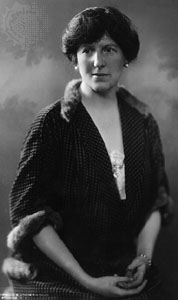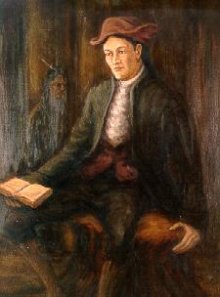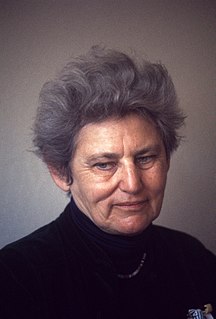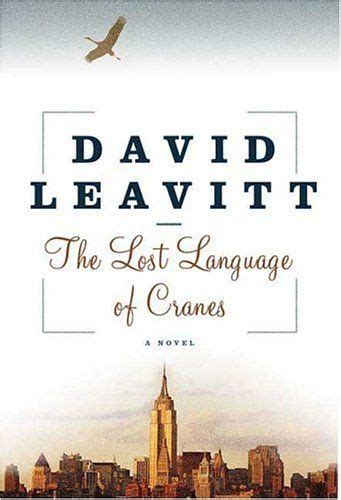A Quote by Pattiann Rogers
The silences express so much and are so crucial in music, and prose does not allow for the creation of these silences, these white spaces on the page or the computer screen.
Related Quotes
Literary history and the present are dark with silences . . . I have had special need to learn all I could of this over the years, myself so nearly remaining mute and having to let writing die over and over again in me. These are not natural silences--what Keats called agonie ennuyeuse (the tedious agony)--that necessary time for renewal, lying fallow, gestation, in the natural cycle of creation. The silences I speak of here are unnatural: the unnatural thwarting of what struggles to come into being, but cannot.
I have come to believe over and over again that what is most important to me must be spoken, made verbal and shared, even at the risk of having it bruised or misunderstood. That the speaking profits me, beyond any other effect....what I most regretted were my silences. Of what had I ever been afraid? ...Death on the other hand, is the final silence...my silences had not protected me. Your silences will not protect you.
Even the way Mamet describes silences within his plays is different. There are pauses; there are pauses within parentheses; there are pauses before dialogue; there are pauses in the spaces between the dialogue - there's this extraordinary vocabulary of silence which is all there on the page, mapped out.
I love your silences, they are like mine. You are the only being before whom I am not distressed by my own silences. You have a vehement silence, one feels it is charged with essences, it is a strangely alive silence, like a trap open over a well, from which one can hear the secret murmur of the earth itself.
Compared to men writers of like distinction and years of life, few women writers have had lives of unbroken productivity, or leave behind a 'body of work.' Early beginnings, then silence; or clogged late ones (foreground silences); long periods between books (hidden silences); characterize most of us.
Silences enter the process of historical production at four crucial moments: the moment of fact creation (the making of sources); the moment of fact assembly (the making of archives); the moment of fact retrieval (the making of narratives); and the moment of retrospective significance (the making of history in the final instance).
In the speech sound wave, one word runs into the next seamlessly; there are no little silences between spoken words the way there are white spaces between written words. We simply hallucinate word boundaries when we reach the end of a stretch of sound that matches some entry in our mental dictionary.



































